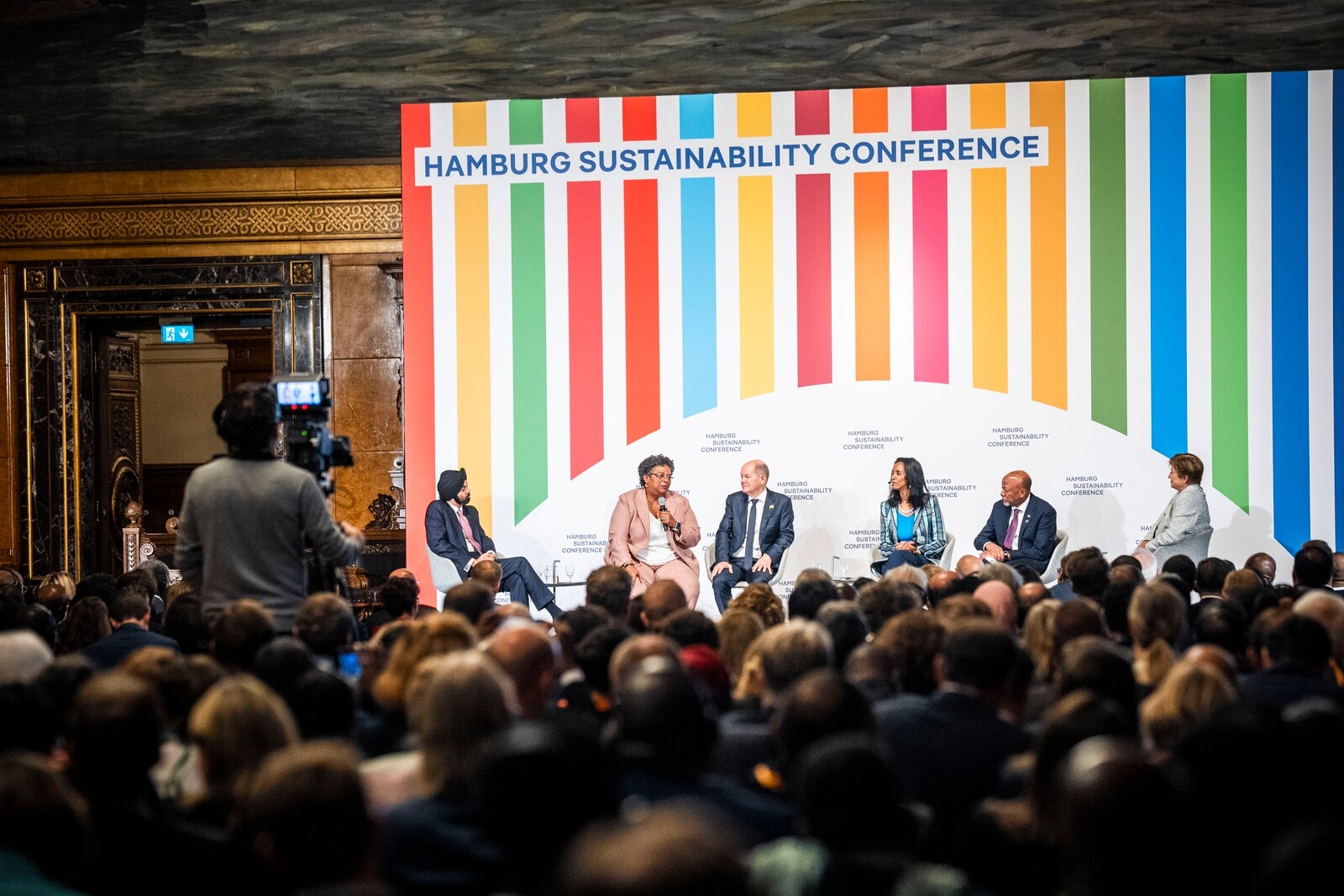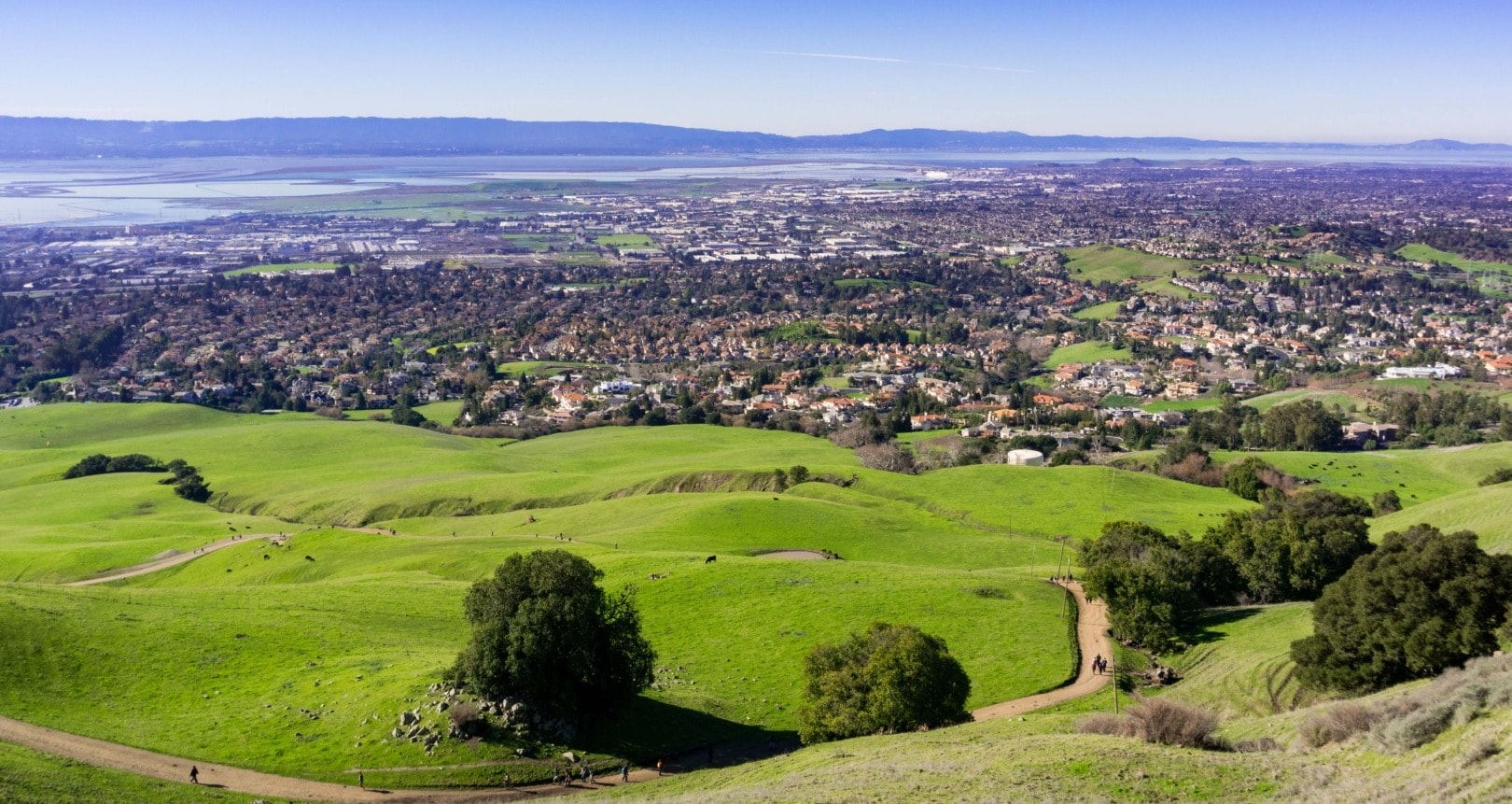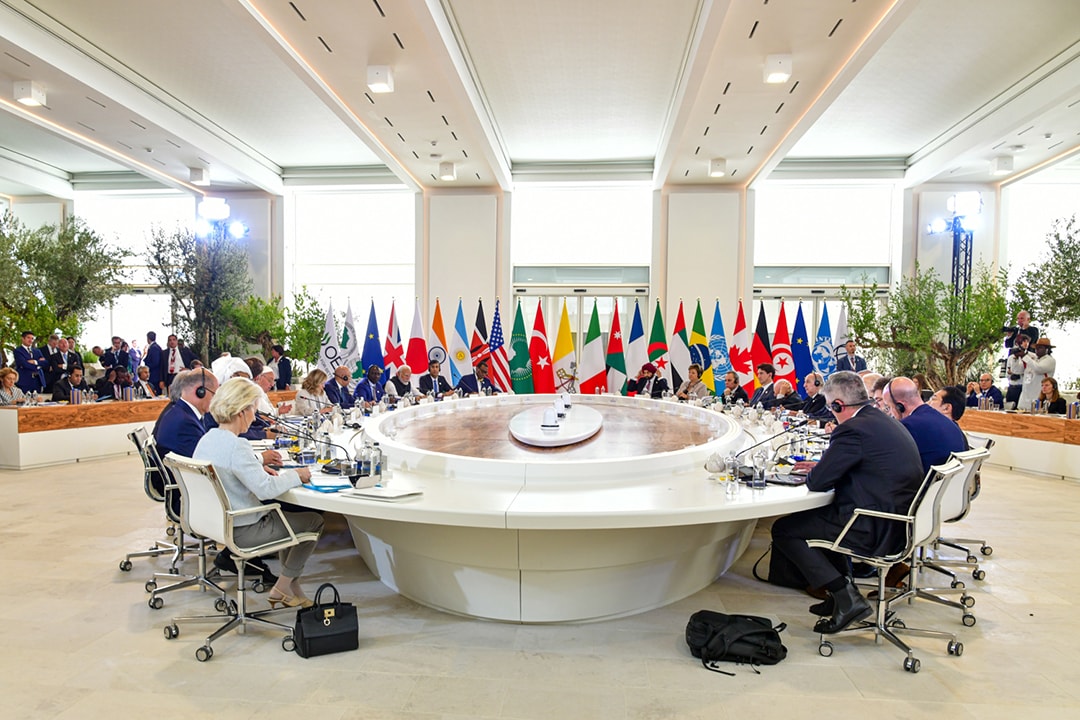Urban development is a complex and ongoing process, heavily influencing both the quality of life for city inhabitants and the sustainability of our environmental systems. One overlooked but crucial element of this development is community engagement. This concept may seem abstract but its implications are concrete and far-reaching.
Recent research underscores the importance of involving local communities in urban planning. Community engagement helps align urban development with sustainable practices, ensuring cities not only grow but thrive. In this article, we will explore this dynamic relationship and its impact on sustainable development.
Why Community Engagement Matters in Urban Planning
Community engagement is not just about ticking a box or holding a few meetings. It represents a methodical process that is integral to urban planning. Involving local actors in the planning process is essential for several reasons:
- Localized Knowledge: Residents often possess intricate knowledge about their neighborhoods that planners may overlook.
- Social Acceptance: Projects backed by community input tend to face fewer obstacles and garner stronger local support.
- Innovative Solutions: Communities can offer creative solutions that top-down approaches might miss.
Greening Local Solid Waste Management
One of the key challenges urban developers face is managing waste sustainably. One research scrutinizes how community participation can help “green” local solid waste management practices. When communities are involved in the decision-making process, waste management systems become more effective and eco-friendly. This interaction often uncovers challenges such as:
- Awareness Issues: Residents may lack information on proper waste disposal methods.
- Resource Constraints: Community-driven solutions often require more resources than initially anticipated.
- Behavioral Barriers: Effective waste management also hinges on changing public behavior, which is best achieved through community education and involvement.
Public Participation in Resource Governance
Drawing lessons from Zimbabwe, a study highlights the crucial role public participation plays in the governance of mineral resources. When communities are excluded, resource exploitation tends to be inefficient and unsustainable, leading to long-term detrimental effects on both the environment and local populations.
Conversely, inclusive frameworks enable better resource management, leading to benefits shared more equitably among the populace.
Related Articles: Shaping The Future Of Our Cities | Anatomy of a Sustainable City: Key Elements for Success | How Urban Green Spaces are Impacting on China’s Environmental and Public Health | As Cities Grow Across Africa, They Must Plan for Water Security | Food Deserts to Urban Oases: Circular Economy Solutions
The Mechanics of Effective Community Engagement
Community engagement should be approached methodically:
- Identify Stakeholders: Determine who will be affected and should thus have a voice in the planning process.
- Establish Clear Objectives: Define what the community engagement aims to achieve from the outset.
- Choose Appropriate Methods: Whether it’s town hall meetings, surveys, or digital platforms, select methods that facilitate genuine dialogue.
- Be Transparent: Maintain clarity about how community input will be used in the planning process.
- Follow Through: Demonstrate that community feedback has been considered by incorporating it into actual plans and actions.
Tools and Technologies
In modern urban planning, technology can play a significant role in community engagement:
- Geolocation Data: Used for precise understanding of community needs and dynamics.
- Online Platforms: Facilitate broader participation by making it easier for people to contribute their ideas and feedback.
- Data Analytics: Helps analyze patterns and preferences, ensuring community input is used effectively.
The Impact of DEI Initiatives
Diversity, Equity, and Inclusion, or DEI initiatives, are increasingly becoming essential in community engagement processes. By ensuring diverse voices are heard, urban planning can become more equitable and representative of the broader community. DEI initiatives contribute to:
- Broader Perspectives: Bringing in voices from different demographics enriches the planning process with a wide array of insights.
- Social Equity: Addressing disparities in living conditions and access to resources.
- Enhanced Trust: Building stronger, more resilient communities based on mutual respect and understanding.
Conclusion
As cities continue to grapple with the demands of growth and sustainability, the role of community engagement in urban planning cannot be overstated. Effective inclusion of local actors leads to innovative, accepted, and sustainable urban development solutions. The study from ResearchGate demonstrates the crucial impact this engagement has, detailing the successes, challenges, and methodologies involved.
In conclusion, sustainable urban development is not solely an architectural or environmental challenge; it is a deeply human one. By integrating community engagement and prioritizing DEI initiatives, we can build cities that are not only sustainable but also thriving hubs of human activity, reflective of the diverse communities they serve.
Editor’s Note: The opinions expressed here by the authors are their own, not those of Impakter.com — In the Cover Photo: An urban city. Cover Photo Credit: Rohan Reddy on Unsplash.













